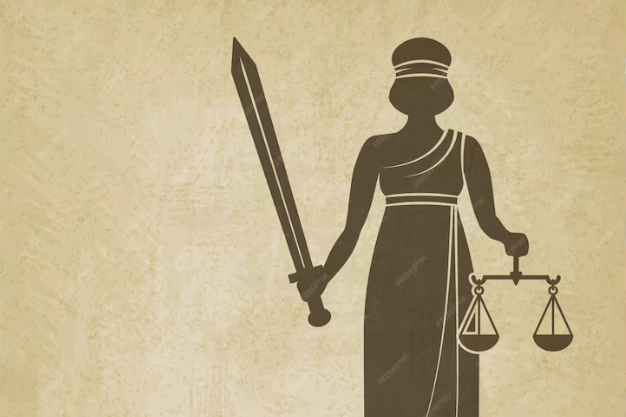Ajitsinh Chehuji Rathod vs State of Gujarat & Another: Comprehensive Case Study (2024 SC 64)

FACTS: The appellant was prosecuted for the offence punishable under Section 138 of the Negotiable Instruments Act, 1881(hereinafter being referred to as ‘NI Act’) before the learned trial Court with an allegation that the cheque to the tune of Rs. 10 lakhs issued by the appellant in favour of the complainant Shri Mahadevsinh Cahndaasinh Champavat upon being presented in the bank was dishonoured “for insufficient funds and account dormant”. During the course of trial, the appellant preferred an application dated 13th June, 2019 before learned trial Court with a prayer to send the cheque to the handwriting expert for comparison of the handwriting as well as signature appearing thereon with a plea that his signatures had been forged on the cheque in question. The learned trial Court rejected the application with observation that the application was aimed to delay the trail. The learned trial Court further observed that the matter was at the stage of defence and the accused could lead evidence to prove his claim pertaining to mismatch of signatures. The order dated 13th June, 2019 passed by learned trial Court was not challenged any further and thus the same attained finality. The trial Court, proceeded to convict the accused appellant.
The appellant preferred an appeal before the Principal Sessions Judge. he filed an application under Section 391 CrPC for taking additional evidence at appellate stage and seeking a direction to obtain the opinion of the handwriting expert after comparing the admitted signature of the accused appellant and the signature as appearing on the disputed cheque. Another prayer made in the said application was that the concerned officer from the Post Office should be summoned so as to prove the defence theory that the notice under Section 138 of NI Act was never received by the accused appellant. Such application preferred by the appellant was also rejected by the learned Principal Sessions Judge. It is apposite to mention that the learned first appellate Court, i.e., the Principal Sessions Judge, had taken note of the fact that during the trial, the appellant examined the witness of the Bank of Baroda in support of his defence but not a single question was put to the said witness regarding genuineness or otherwise of the signatures as appearing on the cheque in question.
ISSUE: Whether Certified Copy of Specimen Signature Can Be Procured From Bank, If Accused Is Disputing Signature On Cheque?
DECISION: In a complaint under Section 138 of the Negotiable Instruments Act, if the accused is disputing the signature on the cheque, then the certified copies of the signatures from the bank could be summoned from the bank to compare the same with the signature appearing on the cheque. The Court explained that the indorsements on a cheque carry a presumption of genuineness as per Section 118(e) of the Negotiable Instruments Act. Hence, it is incumbent upon the accused to lead evidence to rebut the presumption of genuineness of signatures.
A bench comprising Justices BR Gavai and Sandeep Mehta was dealing with an appeal challenging the refusal of the Appellate Court to accept additional evidence under Section 391 of the Code of Criminal Procedure 1973 in the appeal filed by the accused against his conviction in a cheque dishonour case.
Noting that the power under Section 391 can only be exercised only if the appellant was prevented from presenting such evidence in trial despite due diligence, the Court noted that the accused had not taken any efforts to disprove his signature at the trial stage. No question was put to the witness from the bank regarding the genuineness of the signature. Also, the cheque was returned not on the grounds of any discrepancy in the signatures.
Also, at the trial stage, the appellant had filed an application for comparing the signatures by a handwriting expert. Though the application was dismissed, it was never challenged. In these circumstances, the Supreme Court dismissed the appeal, upholding the High Court's judgment.
